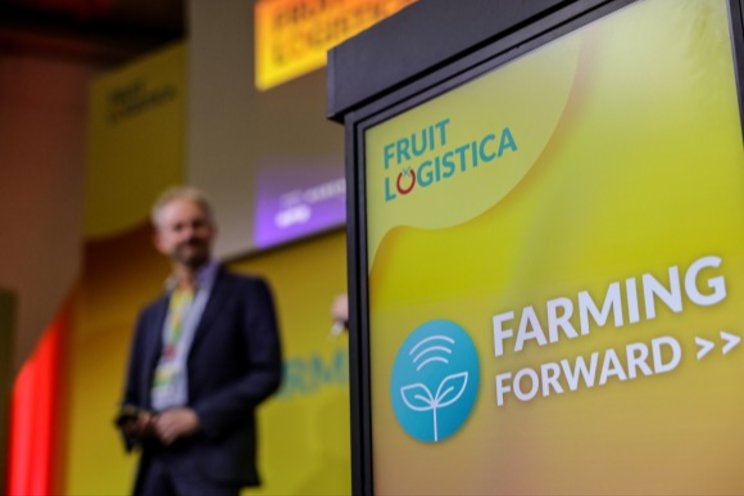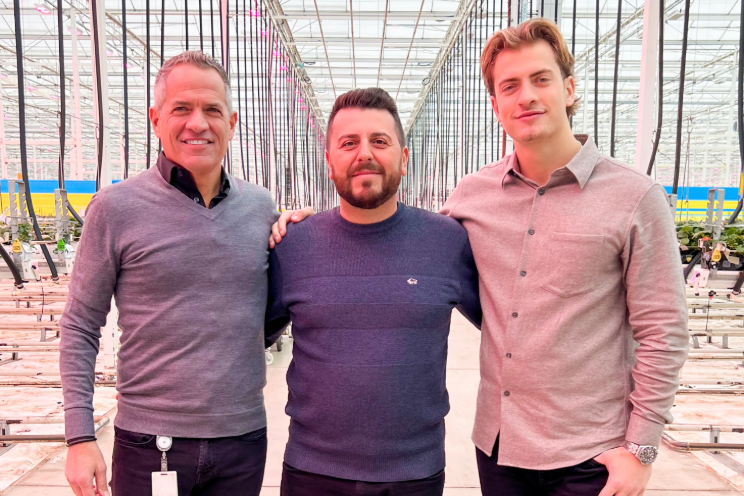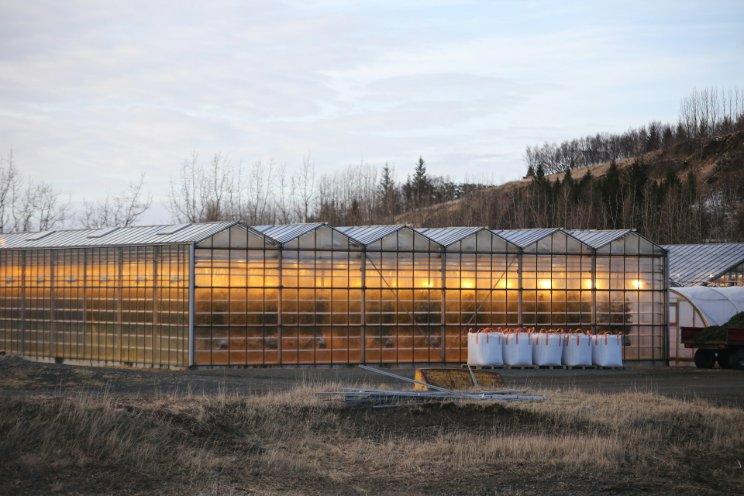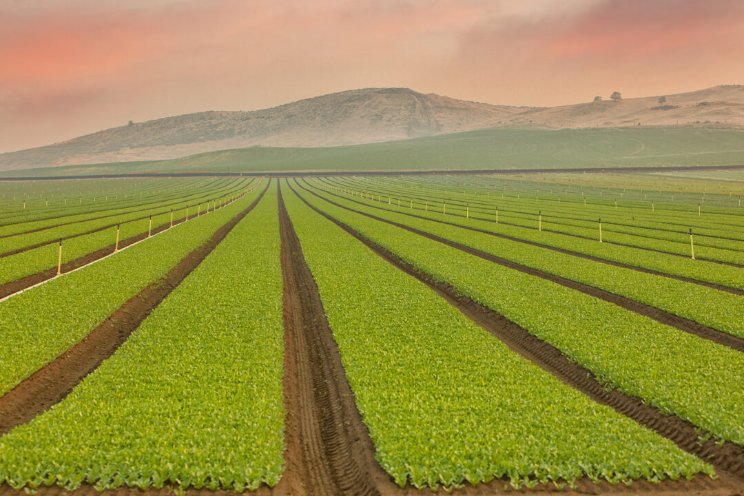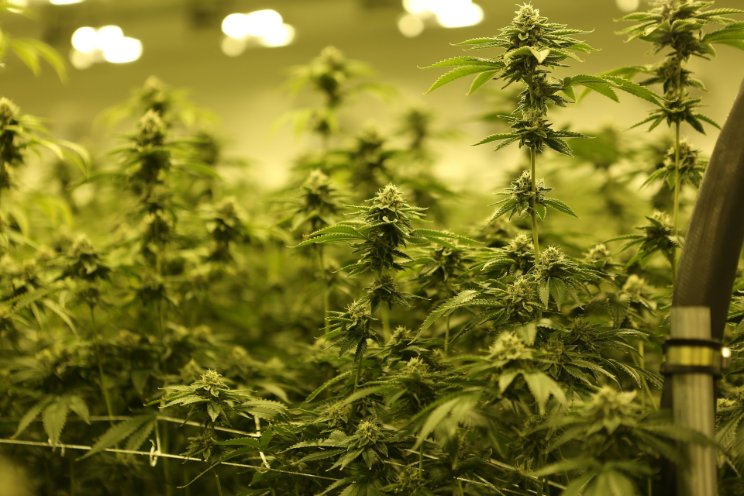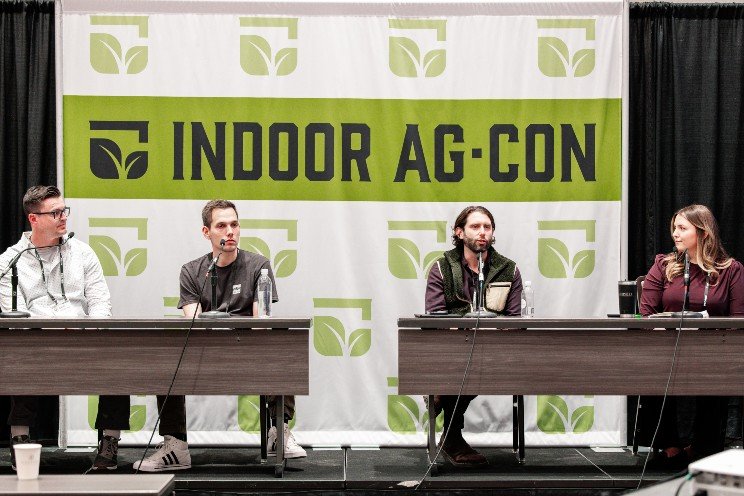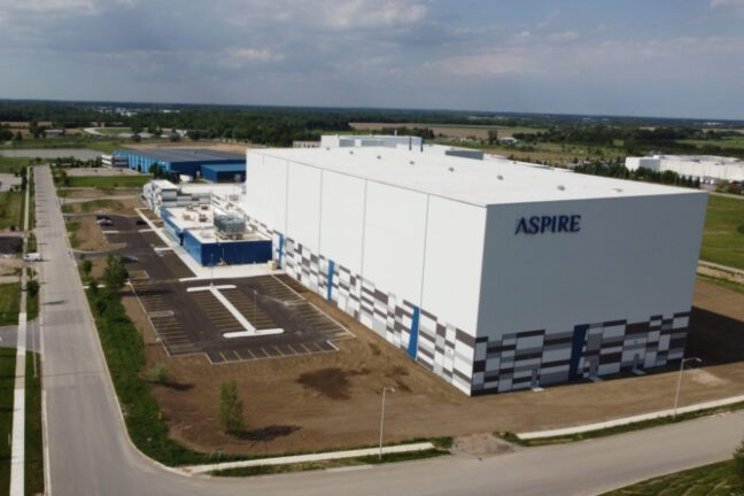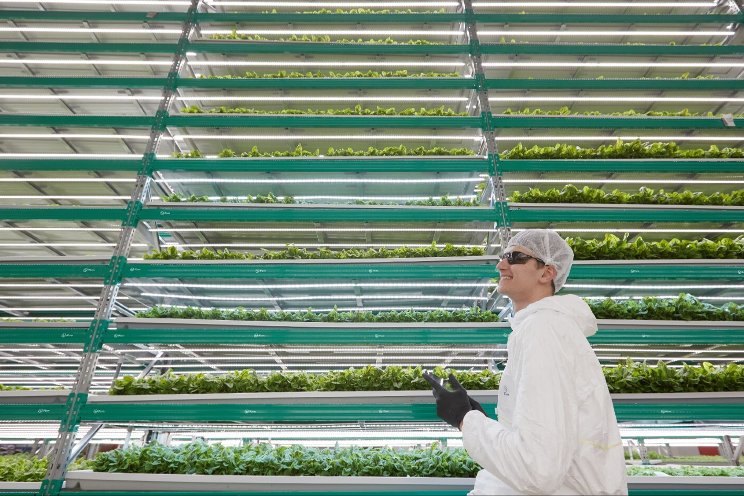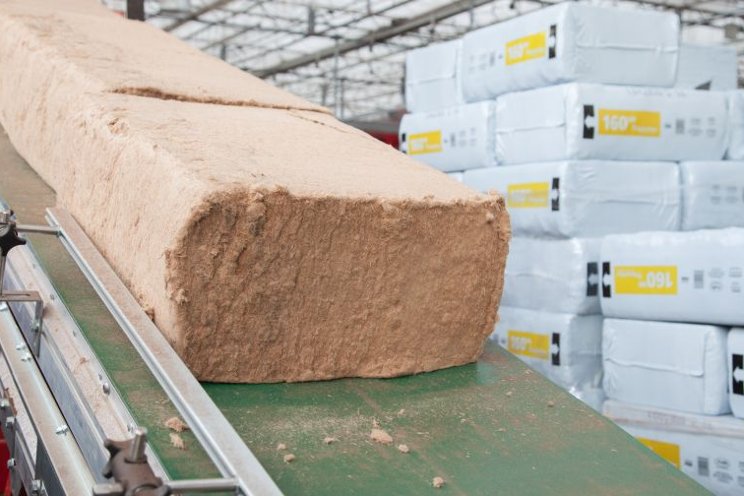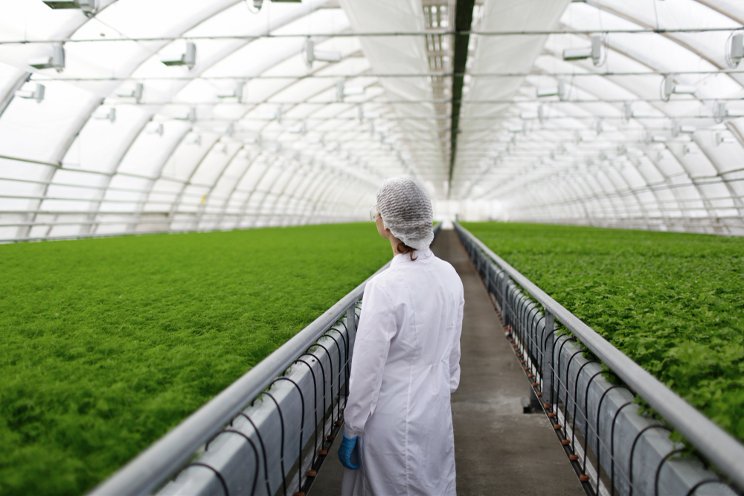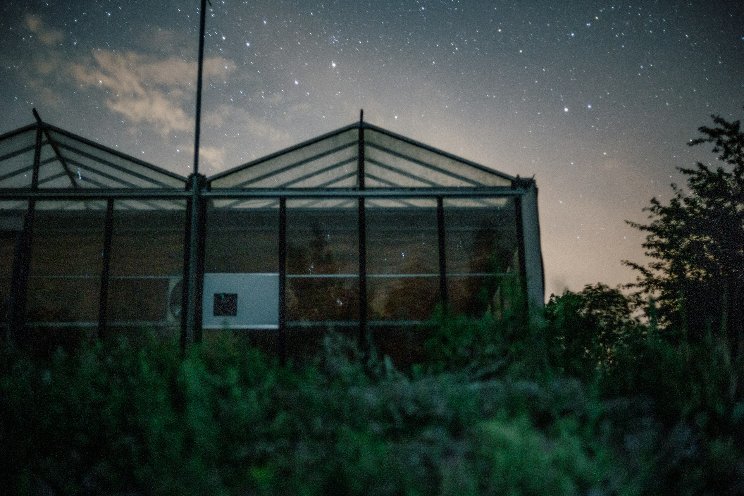World's largest vertical farm to be built near Bristol
Added on 05 October 2021

Vertical, or indoor, farming sees plants grown in multi-layered buildings using artifical lights instead of in greenhouses.
Jones Food Company already claims to own Europe's largest vertical farm, in Scunthorpe, Lincolnshire.
Now the firm says it is going one step further by building the world's largest in Lydney, Gloucestershire, which will have 148,000sq ft of growing space.
James Lloyd-Jones, founder of the business, says that Britain's ongoing supply chain crisis and subsequent food shortages are evidence that new and innovative ways of farming are needed to ensure food security in the future.
"Our food supply chain is under significant stress, with empty supermarket shelves and shortages of foods increasingly commonplace, vertical farming is undoubtedly a vital part of the UK's and the world's farming future," he said.
"We plan to be able to supply 70 per cent of the UK's fresh produce within the next ten years."
The company says the new multi million pound site, backed by online retail giant Ocado, will start supplying supermarkets from next year onwards.
It will be approximately the same size as several tennis courts and be able to supply 1000 tones plus of fresh produce to thousands of UK supermarkets.
Vertical farming is a process whereby producers grow crops in vertically stacked layers as opposed to laterally across the ground, saving space.
Advocates of the practice say it is the future of food production, citing the benefits of short supply chains.
Others argue vertical farming is inefficient because of high running costs and small-scale production.
The Jones Food Company was founded in 2017, opened its Lincolnshire facility in 2018 and secured backing from The Ocado Group in 2019.
The new facility, dubbed JFC2, will open in early 2022 and be able to supply supermarkets across the UK.
Mr Lloyd-Jones said: "Given what we're already doing, the world-leading technology we have and the intensely pressing need for more sustainable forms of farming over coming decades we plan to be able to supply 70 per cent of the UK's fresh produce within the next ten years.
"From an environmental perspective, vertical farming allows us to grow in 17 layers, so every acre becomes seventeen times more productive."
He added: "It allows us to grow entirely without pesticides and using 95% less water. And it means we can significantly reduce the air and road miles of the foods we grow.
"But vertical farming doesn't just make environmental sense, it makes economic sense too. Scale is vital in order to create a cost base that allows us to deliver delicious, healthy herbs, salad leaves, cut flowers, fruit and veg at a price the average shopper also really likes. This second facility further cements our ability to do this."
Photo Courtesy of Jones Food Company
Source: Yahoo News
Source: Yahoo News
More news
